INDUSTRY WE SERVE

OIL & GAS
Oil, including around 3% of the worldwide Gross domestic product, holds a crucial job as an imperative ware. Tracked down in a variety of items, from individual defensive hardware and plastics to synthetics, manures, and, surprisingly, regular things like attire and headache medicine, oil based goods are fundamental to different businesses. Filling in as an essential wellspring of fuel for transportation and adding to the development of fundamentals like sun powered chargers, oil’s effect is pervasive. In 2020, the US, Saudi Arabia, and Russia arose as the biggest worldwide oil makers, aggregately adding to 43% of the world’s absolute creation, adding up to roughly 40 million barrels each day.

MARINE & DREDGING
The crucial pretended by digging and marine development in upgrading worldwide framework and monetary success requires a gifted labor force ready to stand up to complex difficulties. Digging experts encapsulate a proactive and involved approach, showing preparation to embrace projects any place they emerge. The persevering through responsibility and variety of digging representatives are obvious in the business’ striking staff degree of consistency. As people become submerged in this field, they uncover the adventure of adding to an industry that shapes the bedrock of various huge oceanic foundation tries around the world.

CONSTRUCTION
With over 100 million job opportunities worldwide, the construction industry stands as a formidable contributor, constituting 6% of the global Gross Domestic Product (GDP). The industry’s added value is particularly noteworthy, representing approximately 5% of GDP in developed nations and an even more substantial 8% in developing economies. This sector not only fuels economic growth but also serves as a catalyst for societal development. The intricate network of construction activities encompasses residential, commercial, and infrastructure projects, creating a ripple effect that extends beyond job creation to impact various auxiliary sectors.

RETAIL
According to the International Labour Organization, a staggering 142 million individuals are engaged in the dynamic retail sector within developing countries. Offering a critical perspective on employment trends, the retail industry consistently contributes to a substantial portion of the job market, typically ranging from 10 to 15 percent in any given country. The retail landscape is a vibrant tapestry of diverse opportunities, ranging from small local businesses to large multinational corporations. This sector not only provides employment but also serves as a vital link between producers and consumers, fostering economic interdependence.

HOTEL & RESTAURANT
Did you know that approximately one in every ten individuals globally is employed in the dynamic hospitality industry? Comprising both the travel and tourism sector and the hotel industry, hospitality is a cornerstone of global employment. This diverse industry accommodates workers across all skill levels, ranging from unskilled to highly skilled professionals. Beyond its vast workforce, the hospitality sector plays a pivotal role in economic development by contributing significantly to local economies. It not only creates jobs but also enhances income levels and the overall standard of living in communities. The industry’s impact extends to the improvement of local economies, fostering increased investment, and driving infrastructure development.

HEALTH CARE
Recent studies reveal a growing trend, with a substantial 72% of internet users actively seeking health information online. This surge in digital health inquiries highlights the increasing importance of online platforms as valuable resources for healthcare insights and guidance. Looking ahead, the healthcare sector is poised for significant expansion, with an estimated 13% growth in overall employment within healthcare occupations from 2021 to 2031. This growth rate significantly outpaces the average for all occupations, translating to approximately 2 million new job opportunities emerging over the next decade.

AVIATION
The global impact of the aviation industry extends far beyond the skies, sustaining a vast network of employment opportunities. With a far-reaching influence, the aviation sector supports a staggering 87.7 million jobs worldwide. These jobs encompass not only direct employment within the industry but also extend to indirect roles through the industry’s supply chain, employees’ spending, and the flourishing aviation-enabled tourism sector. Breaking down the numbers further, the aviation industry directly provides 11.3 million jobs, showcasing its immediate impact on the global workforce. Additionally, the industry’s supply chain and associated spending contribute to an impressive 18.1 million indirect jobs. Further amplifying its influence, the aviation sector generates 13.5 million induced jobs, creating a comprehensive ecosystem of employment opportunities.

PORT SERVICES
Ports stand as pivotal nodes in the intricate web of the world’s transport sector, functioning as vital links to the global economy. Anchored at the heart of commerce for centuries, these maritime gateways have not only sustained their historical significance but have also grown in importance over time. Beyond their role in facilitating trade, ports wield a substantial influence on employment, fostering a ripple effect across various sectors. Direct employment surges as a result of port-related activities, creating jobs that span a spectrum of roles from maritime professionals to logistics experts. Ports, as catalysts of industrialization, spur economic growth, offering employment opportunities that contribute to the vibrant workforce engaged in the movement of goods and commodities.

FOOD & BEVERAGES
The backbone of employment in developing countries, the food system stands as the primary employer, encompassing both self-employment and wage employment for the majority of the workforce. This trend is expected to persist well into the foreseeable future, underlining the enduring significance of the food industry as a key driver of livelihoods. Beyond the traditional realms of agricultural production, the spectrum of jobs within the food system extends expansively, leaving an indelible mark on the global economy. The manufacturing and services sectors benefit significantly from employment opportunities arising within the food system. The intricate network includes roles in food processing, distribution, transportation, storage, retailing, and the vibrant realms of food preparation and restaurants.
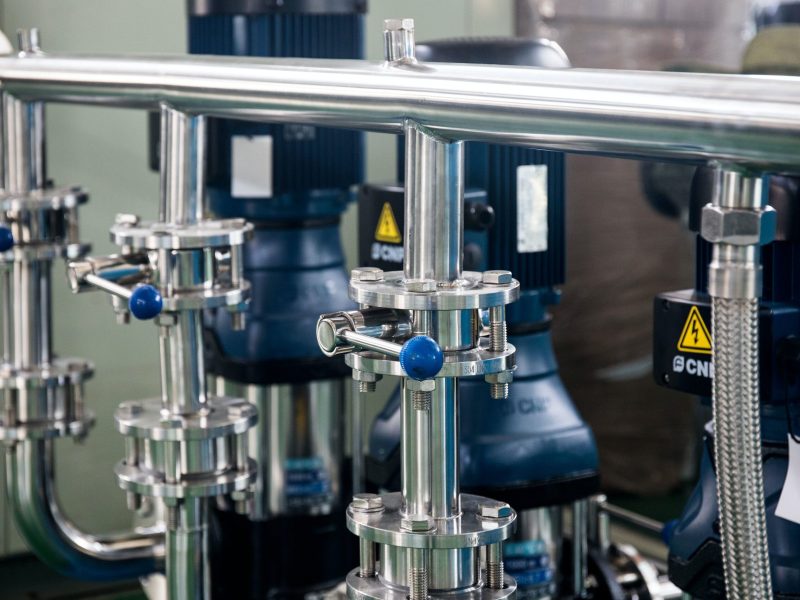
MEP HVAC
Market growth is anticipated to be driven by diverse factors, including increasing urbanization, the demand for energy-efficient solutions, and advancements in smart building technologies. Commercial and Residential sectors, as distinct end-users, further contribute to the market’s vibrancy, with commercial spaces seeking innovative MEP solutions for enhanced operational efficiency, and residential segments increasingly adopting modern technologies for comfort and sustainability. The Global Mechanical Electrical and Plumbing (MEP) Services Market undergoes detailed analysis, categorizing services into Mechanical, Electrical, and Plumbing segments, each playing a distinct role in shaping the market landscape.

INFORMATION TECHNOLOGY
In times marked by developmental challenges and persistent instability, countries are actively exploring strategies to reinvigorate growth and create novel employment opportunities. At the forefront of this transformative movement is the Information Technology (IT) sector, not only recognized as one of the fastest-growing industries but also as a crucial catalyst for innovation and progress. The dynamic nature of the IT industry not only positions it as a powerhouse of job creation but also as a driving force behind advancements that shape the future. From software development and cybersecurity to data analytics and artificial intelligence, the diverse realms of IT contribute significantly to the evolution of industries and societies alike.

TEXTILES
The textile industry, a global economic powerhouse, supports a workforce estimated between 20 million and 60 million individuals worldwide. This diverse employment base spans from manufacturing hubs to intricate supply chains, highlighting the sector’s pervasive impact on livelihoods. Notably, the garment industry holds pivotal importance, playing a key role in the economies of developing nations, including India, Pakistan, and Vietnam. Beyond its significance in job creation, the textile industry plays a substantial role in shaping the world’s economic landscape. Accounting for approximately two percent of global Gross Domestic Product (GDP), its influence extends far beyond the factory floor.

LOGISTICS & TRANSPORT
The logistics sector is experiencing an unprecedented surge in employment opportunities, with experts foreseeing sustained growth in the years ahead. Projections from the Irish Exporters Association indicate a robust demand for skilled professionals in the freight transport, distribution, and logistics sector, estimating an additional need for 15,000 workers by 2030. This forecast is poised to augment the existing workforce, already numbering a formidable 50,000 in this dynamic industry. The escalating demand for skilled workers in logistics is propelled by several factors, including the expanding global trade landscape, the rise of e-commerce, and the evolution of supply chain dynamics. As businesses increasingly embrace global markets and adopt sophisticated supply chain strategies, the need for adept professionals in logistics becomes more pronounced.

AUTOMOBILE
The automotive industry stands as a major contributor to global manufacturing employment, playing a pivotal role in shaping the workforce landscape. Data from the UNIDO Industrial Statistics Database reveals a noteworthy surge in employment within the “Motor vehicles, trailers, semi-trailers” sector, experiencing a 35% increase since the global. This growth underscores the industry’s resilience and enduring significance in the global economy. The impact of the automotive sector extends beyond its direct employment of manufacturing workers. The intricate supply chain and interconnected nature of the industry result in a ripple effect, creating additional jobs across various ancillary sectors. From raw material suppliers and component manufacturers to logistics and service providers, the automotive industry catalyzes job creation throughout its expansive ecosystem.

CATERING
The food area, a foundation of the cooking business, arises as a significant component inside the more extensive travel and the travel industry. This includes catering services for hotels and airlines in addition to standalone restaurants and takeout restaurants. The catering and food service industry serves as a culinary ambassador for tourism destinations, promoting local culinary features and cultural nuances far beyond a simple service. At its center, the catering and food administration industry fills in as a strong conductor for exhibiting the particular flavors and social extravagance of a travel industry objective. By giving travelers legitimate and various culinary encounters, it contributes essentially to the general allure and charm of a district. This culinary submersion turns into an important part of the traveler experience, cultivating a more profound association with the objective’s personality.
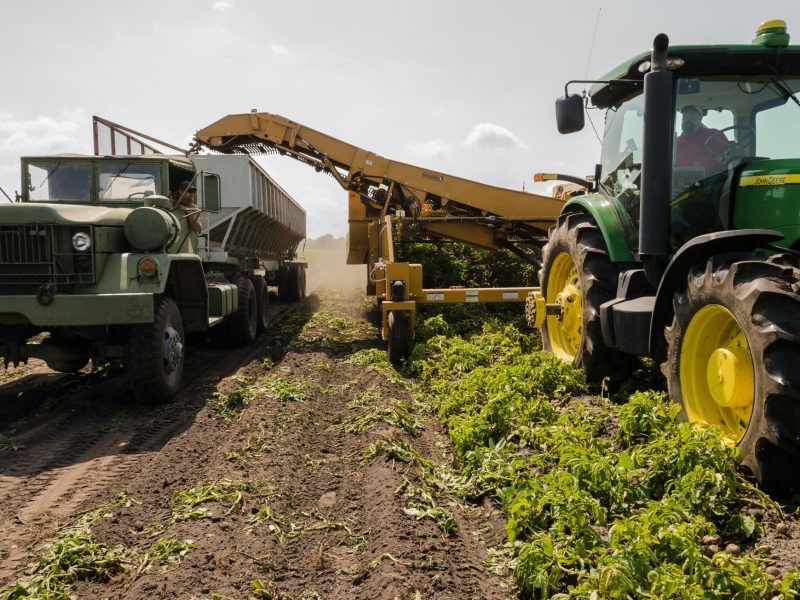
AGRICULTURE
Farming stands as a key part for monetary development, assuming a complex part that reaches out past the simple development of harvests. Internationally, horticulture represents 4% of the total national output (Gross domestic product), a huge financial driver. In many least evolved nations, its effect is considerably more articulated, adding to over 25% of Gross domestic product and filling in as a foundation for financial solidness and improvement. The extent of farming is far reaching, incorporating a different exhibit of exercises past harvest development. In the agricultural industry, for instance, environmental technicians are crucial to the implementation of sustainable practices. They team up with landowners to lay out cushion strips, patios, and other preservation measures, planning to protect and improve the biological equilibrium of agrarian scenes.







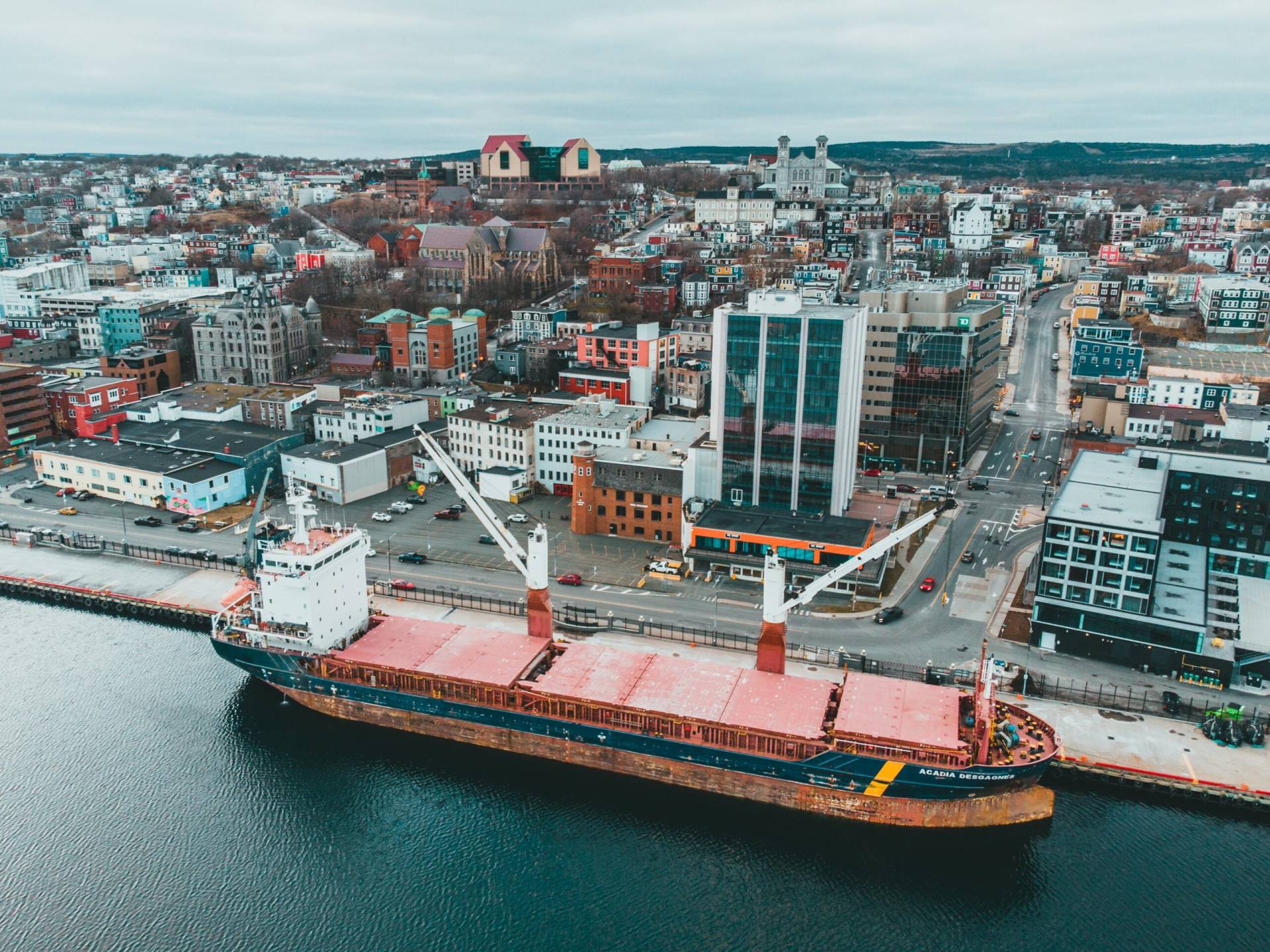

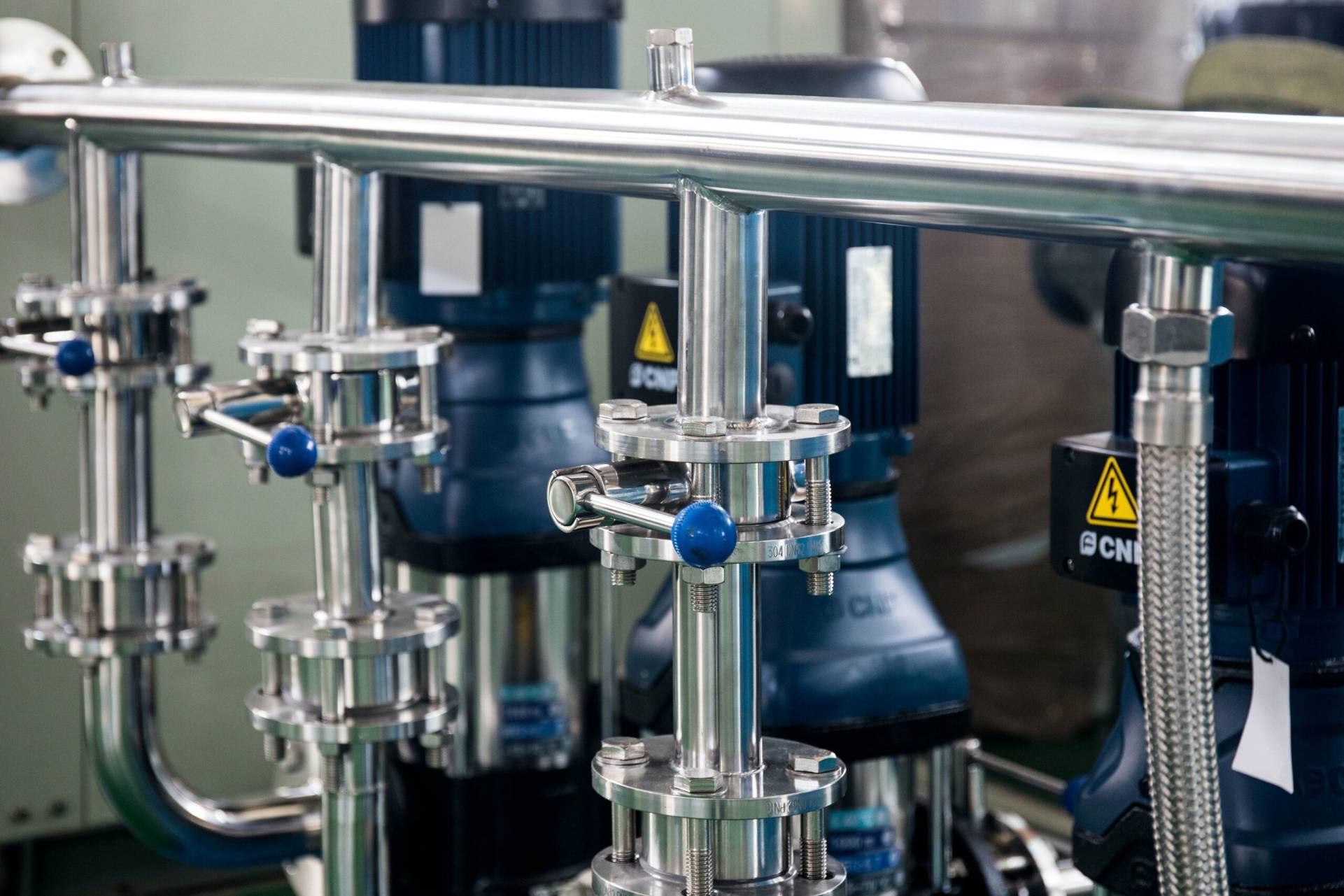





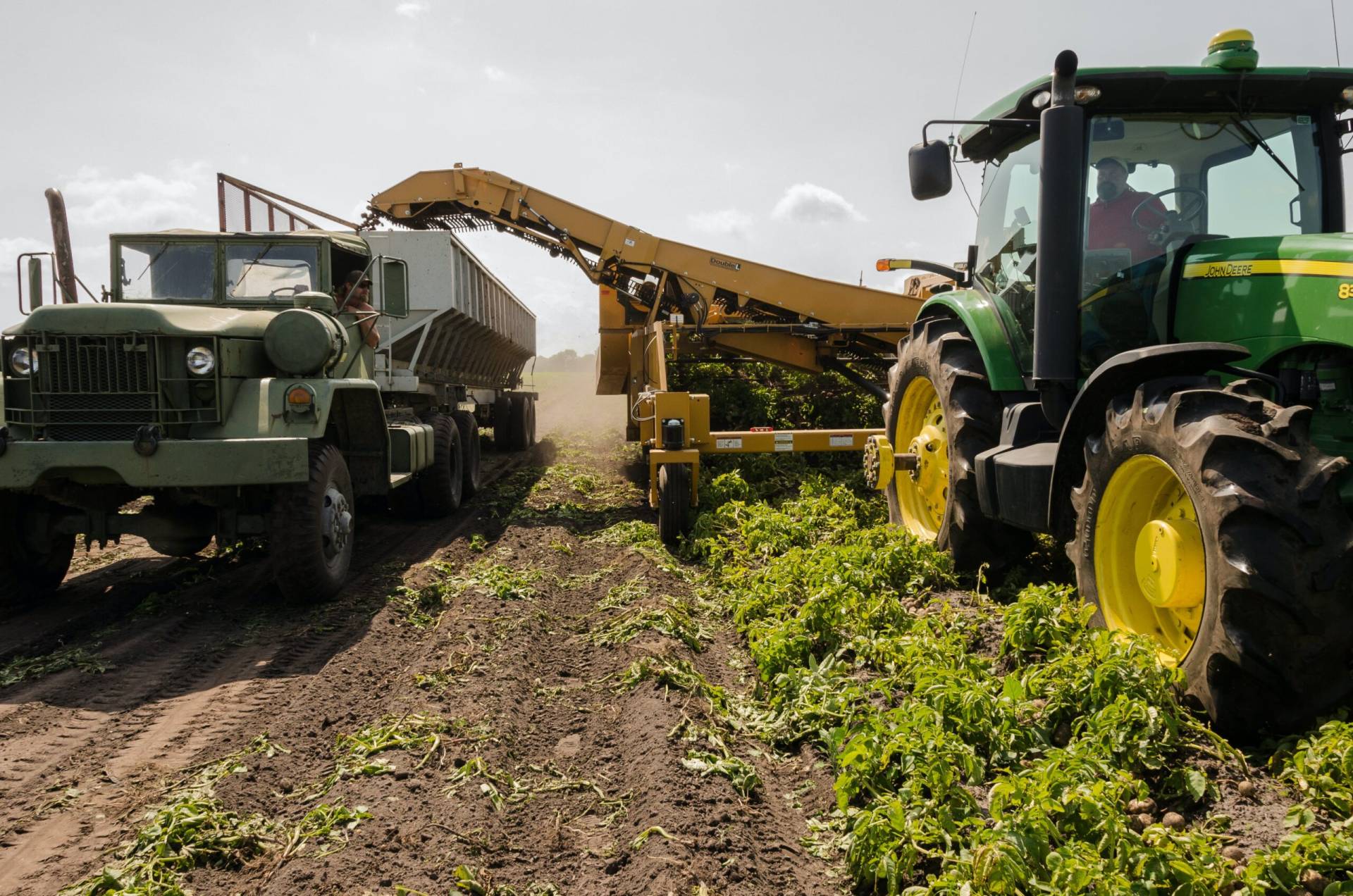

Please Feel Free to Call Us
Embark on your journey today and let Hiba Exports be your gateway to a world of possibilities.
